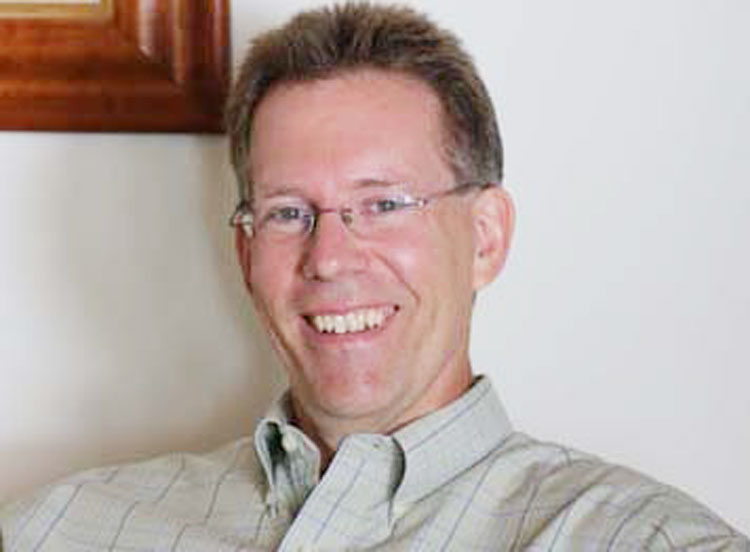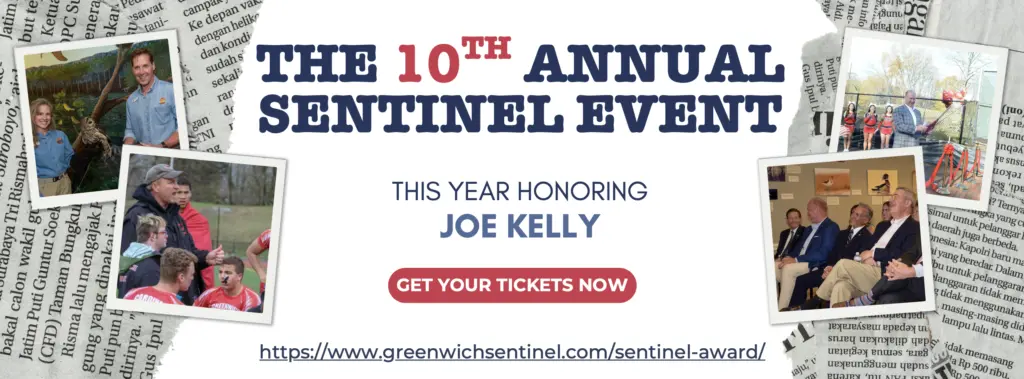
By Ed Horstmann
“Welcome home.” This is one of the most beautiful combinations of words in the English language. And the phrase can be used with countless variations. Imagine that you are a new student in an unfamiliar school. At lunchtime in the cafeteria another student, a perfect stranger, approaches you and says, “Do you want to sit at our table?” Her words sound just like, “Welcome home.” Or perhaps you are a member of a family from Syria newly arrived in the United States. After several years of living in a refugee camp, you are at last where you hoped to be. At the airport you meet a group of strangers. They are your hosts and you smile at one another and you can not understand most of what they are saying, but what you hear is, “Welcome home.”
I believe that at the heart of all the universes beats a heart of welcome. I find inspiration for this conviction in the scriptures of the Hebrew Bible. “The Lord your God… executes justice for the orphan and the widow, and loves the strangers, providing them food and clothing. You shall also love the stranger, for you were strangers in the land of Egypt” (Deuteronomy 10:17-19). There is no expiration date for this job description. In the name of God, whose passion and pleasure is to help us find our way in the world, our mission is simply stated: be as compassionate as God.
Jesus kept alive that welcoming spirit in his own life and ministry. He was a jazz musician playing a hundred riffs on a tune called love. So, though he could at times be a figure of towering wrath and maddening contradictions, over and over again he welcomed people into his trust. He loved strangers back into life by devoting his undivided attention to them. Village by village, step by step, he touched the untouchable with tender mercy, forgave where forgiveness was needed, and served as host to the outcast, whether rich or poor. Somehow he summoned a word of mercy even for his executioners, even as he hung from a cross, a few breaths away from death.
Prophetic hospitality is the heartbeat of my faith tradition, and I am heartened and proud that it is at the core of our national spirit as well. Emma Lazarus understood that. She was an American poet who grew up in New York City and during her lifetime was a passionate advocate for the well-being of Jewish people in the United States. In 1883 she wrote “The New Colossus” as part of a fund-raising effort for the pedestal on which the Statue of Liberty was to be placed. She died when she was only 38, yet her words endure, and have sometimes been referred to as an American creed. Her poem expresses the inclusive spirit that is at the core of our identity as a nation and that has given hope to so many millions of people over the years:
Not like the brazen giant of Greek fame,
With conquering limbs astride from land to land;
Here at our sea-washed, sunset gates shall stand
A mighty woman with a torch, whose flame
Is the imprisoned lightning, and her name
Mother of Exiles. From her beacon-hand
Glows world-wide welcome; her mild eyes command
The air-bridged harbor that twin cities frame.
“Keep, ancient lands, your storied pomp!” cries she
With silent lips. “Give me your tired, your poor,
Your huddled masses yearning to breathe free,
The wretched refuse of your teeming shore.
Send these, the homeless, tempest-tost to me,
I lift my lamp beside the golden door!”
New Revised Standard Version Bible
These words may be well worn, but they are not worn out. Recently I committed them to memory and recite them daily as a spiritual practice. They center me in the call of service, and awaken in me a spirit of compassion for the tempest tossed in our own time. Though God is not mentioned in the poem, Emma’s words call me to collaborate with God in every way possible to make this world more peaceable and hospitable. “The New Colossus” shapes my priorities, banishes my fear of strangers, and gives me the courage to carry forward the prophetic hospitality that is the heartbeat of my nation and my faith.
Emma Lazarus, your words haunt me and they inspire me. You will not let us forget our calling to be ambassadors for world wide welcome. And for that, I thank you.
The Rev. Dr. Edward G. Horstmann is senior minister at Round Hill Community Church in Greenwich.





